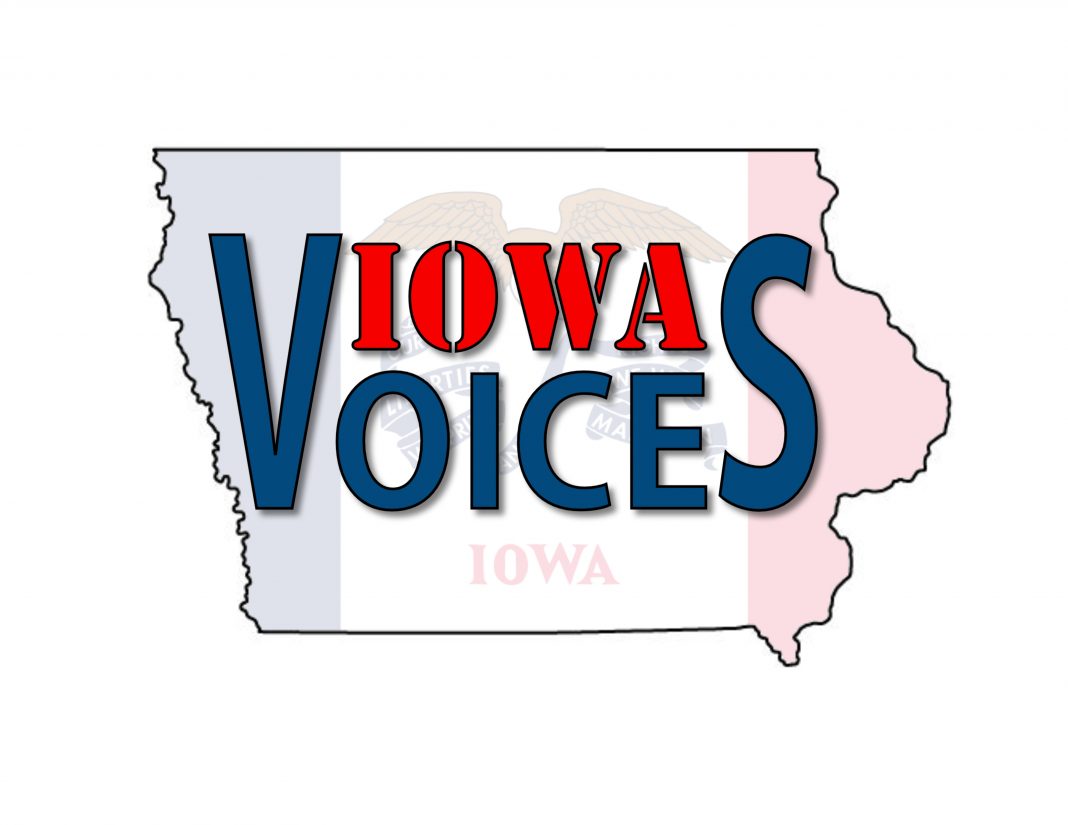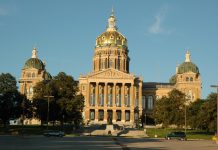In 2001, the US Department of Health and Human Services drafted model legislation focused on efforts to mobilize public health disaster teams if a threat of bioterrorism occurred in the aftermath of the 9/11 terrorist attacks. The truth is this model legislation had been worked on prior to the 9/11 attacks but was broadly pushed out to the states in 2002. The language and proposed legislation in the Model State Emergency Health Power Act (MSEHPA) was originally a brainchild of the CDC who funded the research and policy written by Professor Larry Gostin. Coincidentally, he is now working with the WHO to implement a Model Public Health Law for worldwide use.
At the time opposition to these laws came from both sides of the aisle. The following organizations all publicly raising their concerns and objections to the legislation:
- ACLU
- ALEC
- Conservative Association of State legislators’
- Conservative Free Congress Foundation
- Human Rights Campaign
- The Health Privacy Project
- Phyllis Schlafly
- National Vaccine Information Center
The MSEHP laws proposed at the time would rewrite state public health laws to give government health officials new authority over citizens when public health “emergencies” were declared by the Director of Public Health or state governors. Some of the provisions would allow state health officials to use the state militia to: take control of all roads leading into and out of cities and states; seize homes, cars, telephones, computers, food, fuel, firearms and alcoholic beverages for their own use with immunity to liability if these actions resulted in the destruction of the personal property; arrest, quarantine and forcibly test, vaccinate and treat citizens without their consent nor be held liable if these actions resulted in their death or injury.
The ACLU identified three top flaws with the legislation. Its failure to include basic checks and balances; its overbroad definition of “public health emergency” would go well beyond bioterrorism; and lack of privacy protections for personally identifiable health information to public health authorities. The ACLU’s points highlighted primary ways this legislation was overly broad and ripe for abuse with few boundaries on the government’s powers in times of crisis.
Despite these concerns, 38 states have passed various provisions from this “model” legislation since 2002. Iowa passed its initial bill, HF396, on April 14, 2003, to create a new department for disaster preparedness and enumerate their powers during a public health disaster related to bioterrorism including many of the provisions listed above. Governor Vilsack signed the bill after a Republican-held house and senate voted 95-0 and 49-0 respectively to pass the bill. An amendment was offered at the time by House Minority Leader Patrick Murphy of Dubuque to allow for “voluntary” rather than “forced” vaccination of the smallpox vaccine, employer-provided insurance to cover any side effects, and a provision to require long-term reactions or disability be considered a work-related injury. Unfortunately, the amendment did not pass.
On April 21, 2006, Governor Vilsack signed SF2322 into law requiring public safety and other agencies to report to the Department of Human Services information that could lead to a public health disaster, provided immunity from liability for individuals responding to the disaster, and removed the language which had limited this law to bioterrorism.
As we have all witnessed during the management of COVID, the concerns from the many organizations opposed to this legislation back in 2002 were valid and came to fruition in many states during the COVID pandemic. Iowa was fortunate enough to be one of the few states where not many of the provisions in this legislation were utilized. However, the next declared public health disaster could be vastly different with a new elected official making those decisions. Now is the ideal time to review these overly broad powers, lack of checks and balances, and rules violating multiple amendments to the US Constitution and return those natural rights to the citizens of Iowa. After all, Iowans weathered the pandemic better than almost any other state from multiple data points. Governor Reynolds was correct when she previously stated, “In Iowa, we believe in common sense, fairness, and freedom”.
Sources:
https://www.aclu.org/other/model-state-emergency-health-powers-act
https://www.cchfreedom.org/cchf.php/958/
https://www.nvic.org/law-policy-state/mshepa
https://www.publichealthlaw.net/files/msehpa/msehpalegactivity.pdf


















[…] MAHER: It is time to revisit Emergency Powers and Public Health Disaster laws passed under Governor … […]